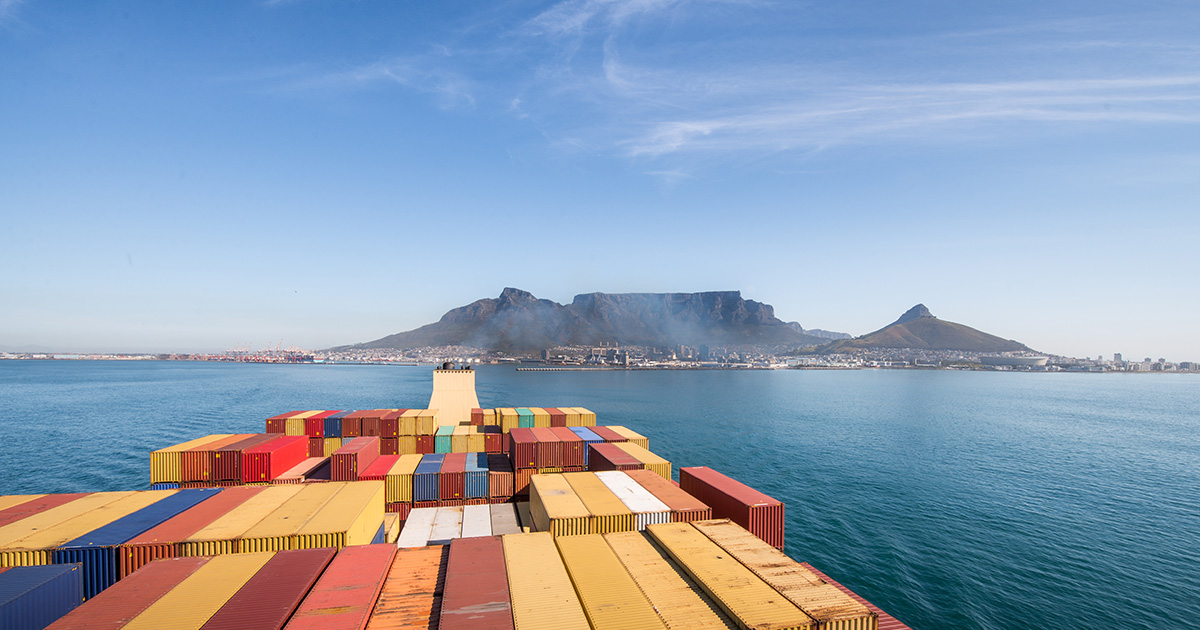Nigerian investment manager ARM is set to launch a trade finance fund that seeks to expand trade finance lending to African SMEs by providing loans to the continent’s banks.
ARM African Trade Finance Fund (AATFF) is being led by chief executive George Wilson, who was head of institutional trade finance at Investec until earlier this year.
The impact fund, which will be registered in Mauritius, will start with around US$100mn in capital from an undisclosed development bank that will also be a co-sponsor. ARM is footing the fund’s set up costs.
AATFF’s initial strategy is to provide revolving credit facilities to banks and non-bank providers across Africa, which will use the proceeds to expand their trade financing offering to SMEs.
Wilson says pricing on the fund’s facilities will be “the best wholesale pricing that they can [get] right now” and the fund will be “trying to keep the pricing to make their SME trade portfolios profitable”.
AATFF will also use leverage to try and boost returns, which are targeted at 10%.
In later years, the fund plans to offer risk participation deals with the trade finance providers, as well as unfunded trade portfolio guarantees aimed at providing banks with capital relief on their SME trade lending.
Wilson says the fund aims to have a value of US$300mn in the first three years, and after seven years “we should be at a billion”. A close on its first deal is expected by November.
He says a typical facility size for a tier 1 bank will be around US$100mn, and correspondingly smaller for lower-tier banks and alternative finance providers.
The fund’s strategy avoids some of the risks of directly lending to SMEs by providing liquidity to lenders that have track records and experience in the sector, Wilson says.
For security, the fund plans to lend against banks’ government bond holdings, including through repo-style structures.
Wilson has long advocated for such a strategy to enhance African SMEs’ access to trade finance, and says he now has an opportunity to put it into action at ARM, which wanted to establish a trade fund.
ARM was established in 1994 and provides asset management and alternative investment services.
The global trade finance gap, estimated in 2023 at US$2.5tn, is particularly severe in Sub-Saharan Africa and for the region’s SMEs due to their perceived higher credit risk. Banks face steep regulatory capital requirements on this type of lending.
Many international banks have also scaled back or extinguished their credit lines to Sub-Saharan African financial institutions.
Development finance banks active on the continent routinely offer direct lending, guarantees or risk-sharing agreements to local lenders to support trade financing.
Wilson says the fund’s impact investment goal aligns closely with a UN declaration earlier this month that an extra US$4tn in financing per year is needed to meet the UN’s Sustainable Development Goals.
The UN said progress toward meeting the goals is being hampered by underdeveloped financial markets, a high cost of capital and misalignment between short- and long-term incentives.







